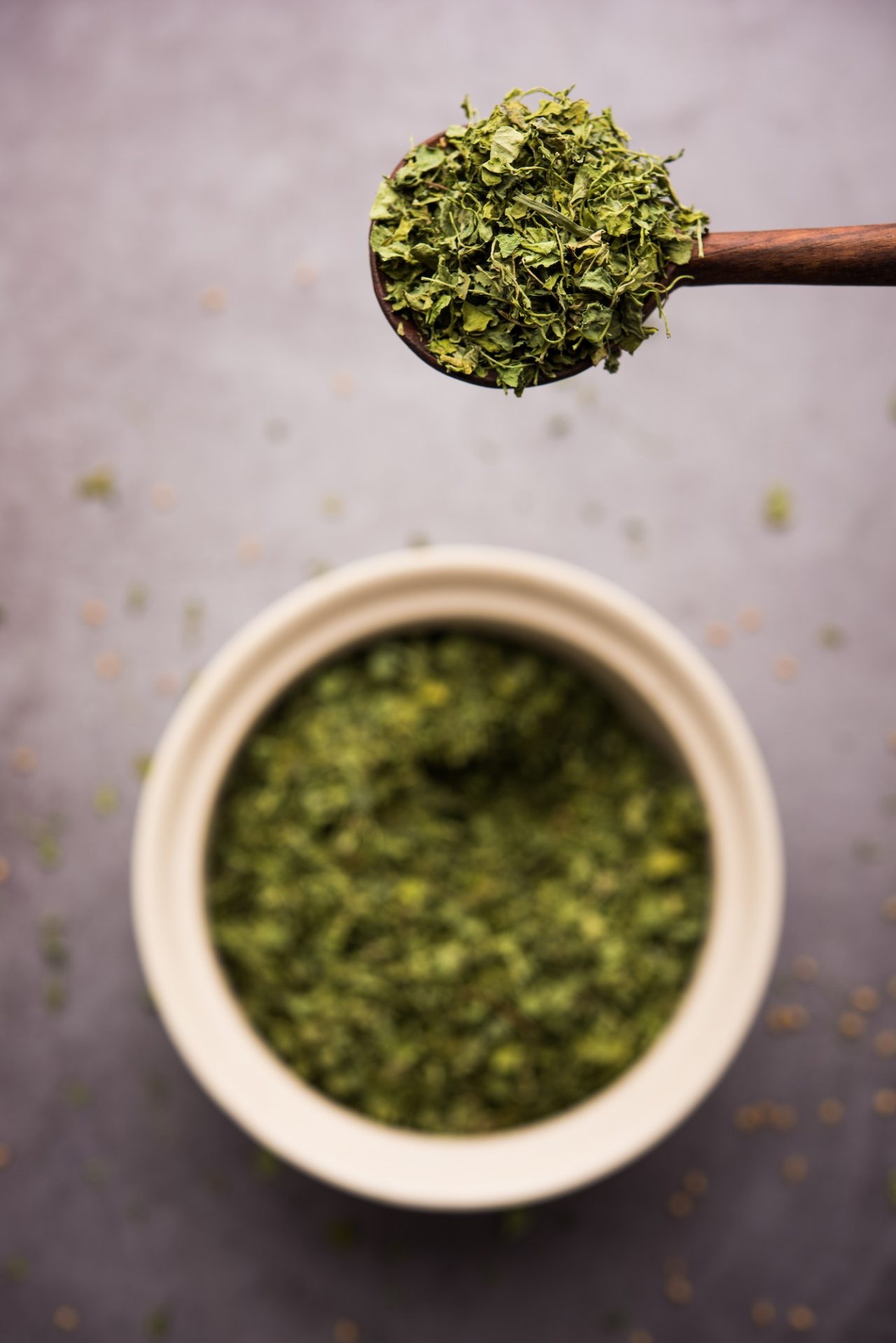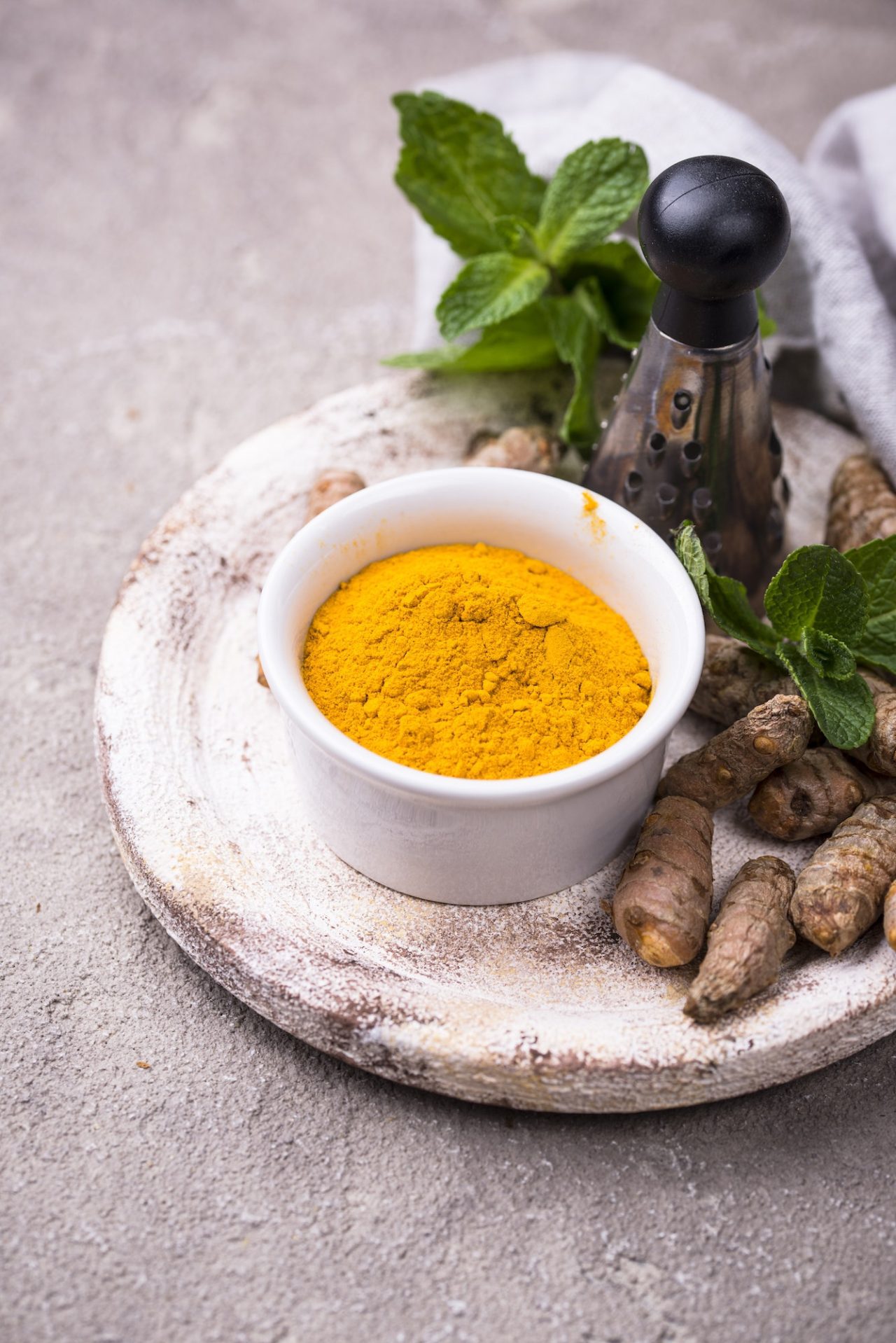Ayurveda Therapist Course in Rishikesh, India
Ayurveda, an ancient system of medicine originating from India, focuses on holistic health and wellness. Ayurvedic therapies courses aim to teach the principles and practices of Ayurveda, encompassing various therapeutic techniques, lifestyle practices, and herbal treatments.
An Ayurveda Therapist Course in Rishikesh, India is a specialized educational program designed to teach the principles and practices of Ayurveda, an ancient system of natural and holistic medicine that originated in India. These courses are structured to provide comprehensive knowledge about various Ayurvedic therapies, including herbal medicine, dietary recommendations, detoxification procedures, massage techniques, and lifestyle practices aimed at promoting overall health and well-being. Ayurveda, the traditional Indian system of medicine, encompasses a holistic approach to health and wellness. An Ayurveda therapies course typically covers a wide range of topics, techniques, and practical applications.
Over view of our Ayurveda Therapist Course in Rishikesh, India
- Fundamentals of Ayurveda
- History and Philosophy:Understanding the origins, evolution, and basic principles of Ayurveda.
- Doshas:Detailed study of Vata, Pitta, and Kapha doshas – their characteristics, functions, and imbalances.
- Prakriti (Constitution):Identifying and analyzing individual constitutional types.
- Panchamahabhutas:The five elements (earth, water, fire, air, and ether) and their role in health and disease.
2. Diagnostic Methods
- Pulse Diagnosis (Nadi Pariksha):Techniques for assessing health through pulse reading.
- Tongue Diagnosis:Identifying imbalances by examining the tongue.
- Marma Points:Understanding vital points on the body used in diagnosis and treatment.
- Other Diagnostic Tools:Observation of skin, eyes, nails, and overall appearance.
3. Diet and Nutrition
- Ayurvedic Nutrition Principles:Basics of Ayurvedic dietetics and nutrition.
- Food as Medicine:Using dietary practices to maintain balance and health.
- Herbal Remedies:Introduction to commonly used Ayurvedic herbs and their therapeutic uses.
4. Yoga and Meditation
- Asanas (Postures):Yoga postures beneficial for balancing doshas.
- Pranayama (Breathing Exercises):Techniques for improving prana (life force) and overall health.
Meditation Techniques: Practices to enhance mental clarity and emotional balance.
5. Therapeutic Techniques
- Panchakarma:Comprehensive study of the five detoxification procedures.
- Vamana (Therapeutic Emesis)
- Virechana (Purgation)
- Basti (Enema)
- Nasya (Nasal Administration)
- Raktamokshana (Bloodletting)
- Abhyanga:Ayurvedic oil massage techniques.
- Shirodhara:Continuous flow of oil on the forehead.
- Swedana:Herbal steam therapy.
- Udvartana:Herbal powder massage.
- Pizhichil:Oil bath therapy.
- Kati Basti:Treatment for lower back pain using warm oil.
6. Lifestyle and Daily Routine
- Dinacharya:Daily routines for optimal health.
- Ritucharya:Seasonal routines and dietary adjustments.
- Sadvritta (Ethical Conduct):Importance of ethical living and mental well-being.
7. Specialized Therapies
- Ayurvedic Beauty Treatments:Skin care, hair care, and anti-aging therapies.
- Rejuvenation Therapies:Techniques to enhance vitality and longevity.
- Women’s Health:Specialized treatments for menstrual disorders, pregnancy, and menopause.
- Children’s Health:Pediatric care and treatments in Ayurveda.
8. Pharmacology and Formulations
- Dravyaguna Vigyan:Study of medicinal properties of herbs.
- Rasa Shastra:Basics of Ayurvedic alchemy and preparation of mineral-based medicines.
- Formulation Techniques:Preparation of Ayurvedic medicines like churnas (powders), lehyas (jams), arishtas (fermented formulations), and bhasmas (calcined preparations).
9. Clinical Practice and Case Studies
- Practical Training:Hands-on experience in diagnosing and treating patients.
- Case Studies:Analysis of real-life cases to understand application and outcomes of therapies.
10. Research and Development
- Current Research:Overview of contemporary research in Ayurveda.
Scientific Validation: Efforts to scientifically validate Ayurvedic principles and treatments.
11. Ethics and Professional Practice
- Professional Conduct:Standards and ethics in Ayurvedic practice.
- Legal Aspects:Understanding regulations and legal requirements for practice.
12 . Integration with Modern Medicine
- Collaborative Approaches:Integrating Ayurvedic treatments with conventional medicine.
- Evidence-Based Practices:Utilizing research to support Ayurvedic therapies.



